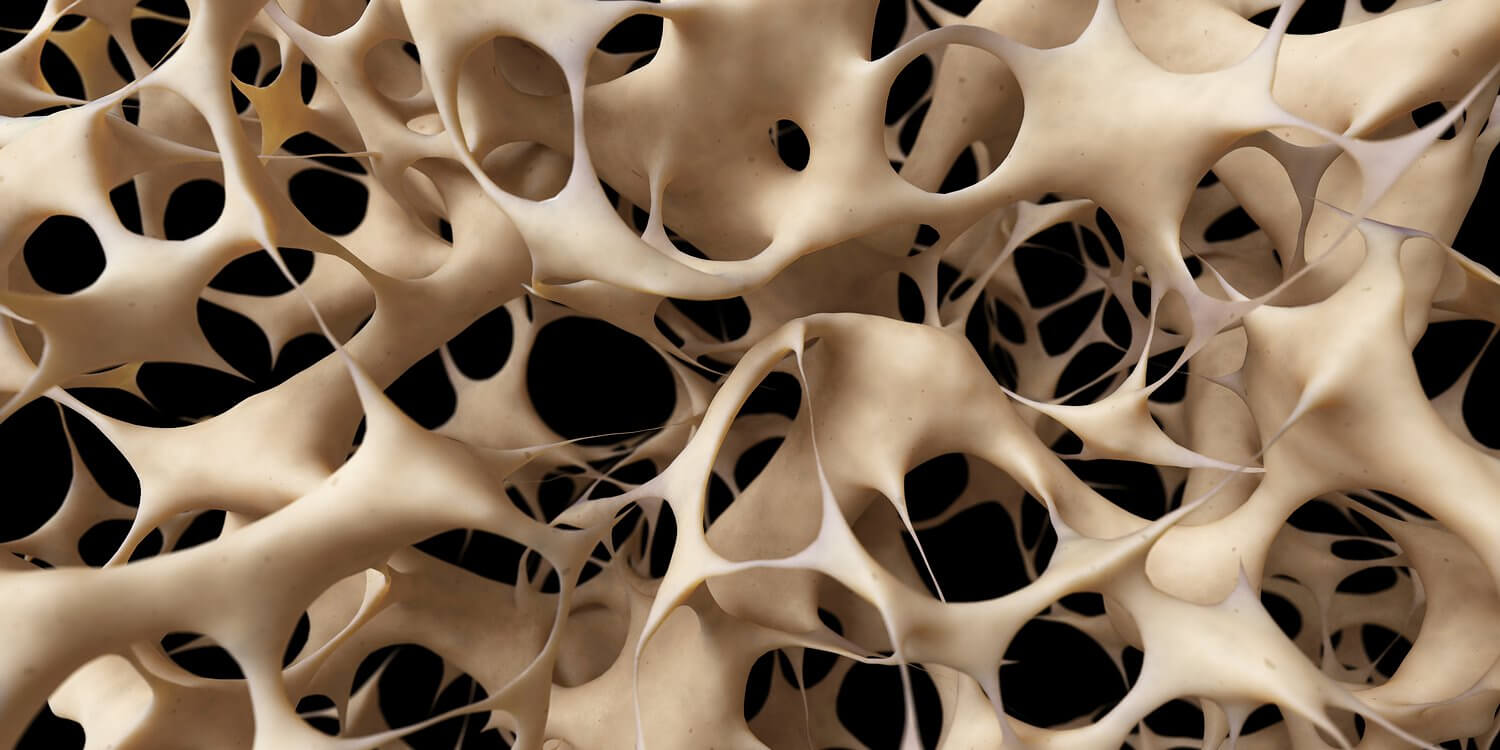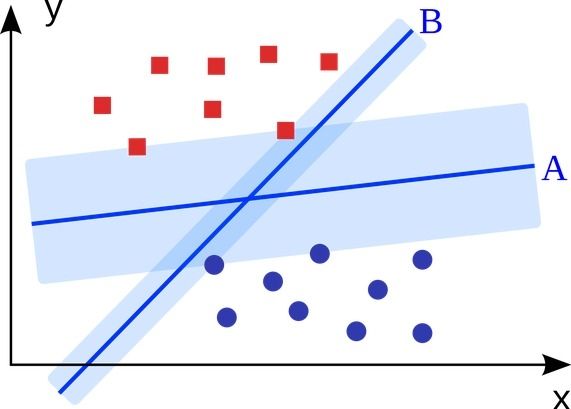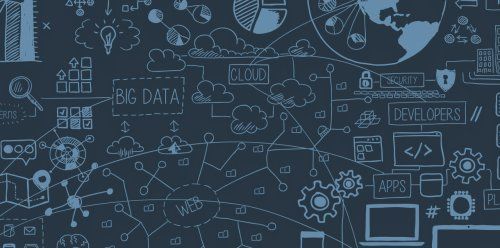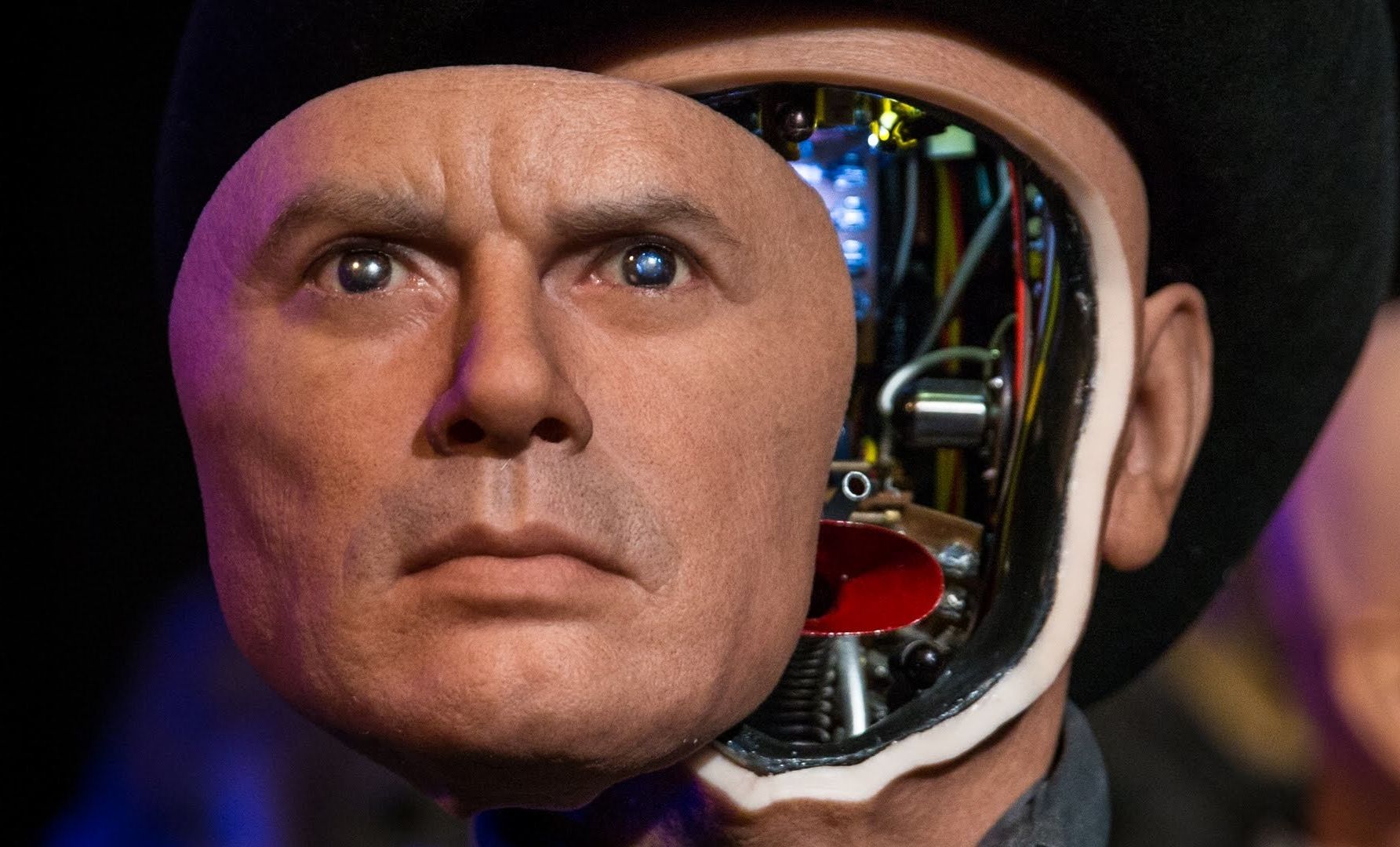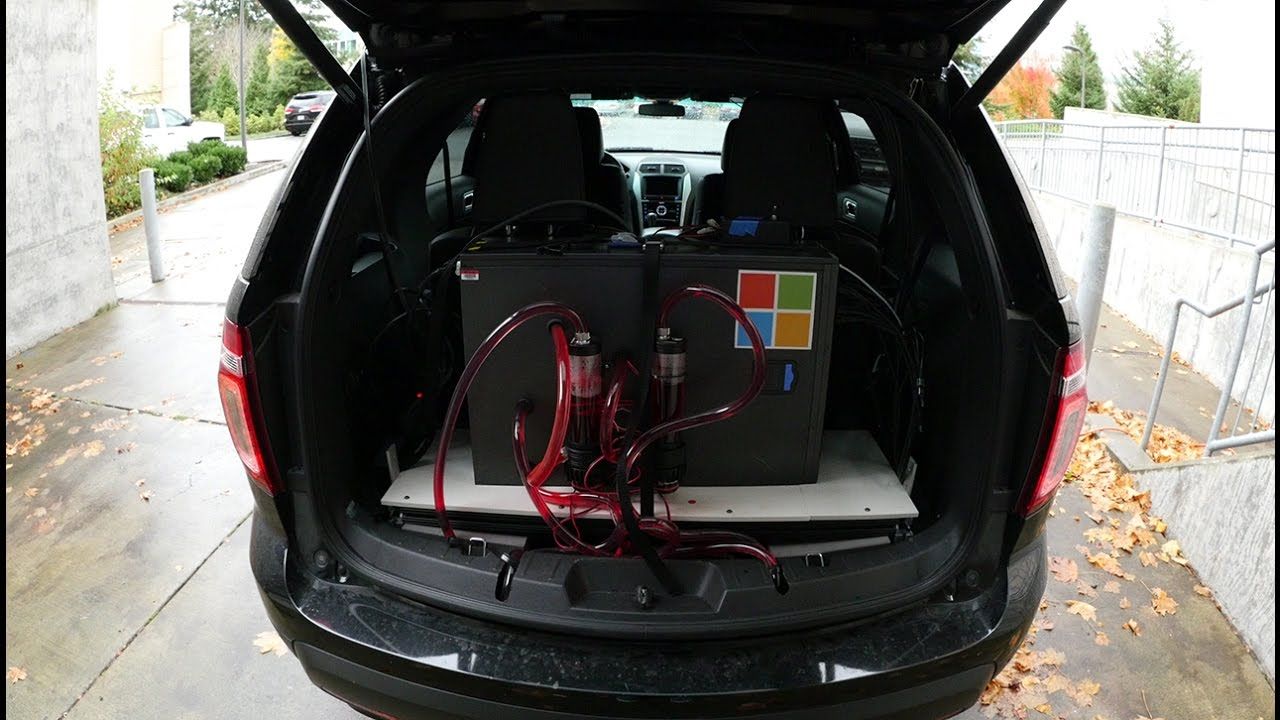Dec 13, 2016
Why Machines Should Go To The University of Google, School of Artificial Intelligence
Posted by Karen Hurst in categories: biotech/medical, education, information science, robotics/AI
Now that’s an idea; education for systems. I can see the online university advertisements now showing an autonomous car beeping and flashing its lights over the enjoyment of graduating.
What if I told you to tie your shoes, but you had no laces? Or to cook dinner, but you had no pots or pans.
There are certain tools we need to succeed, which we often don’t have access to or are held back by a gatekeeper.

